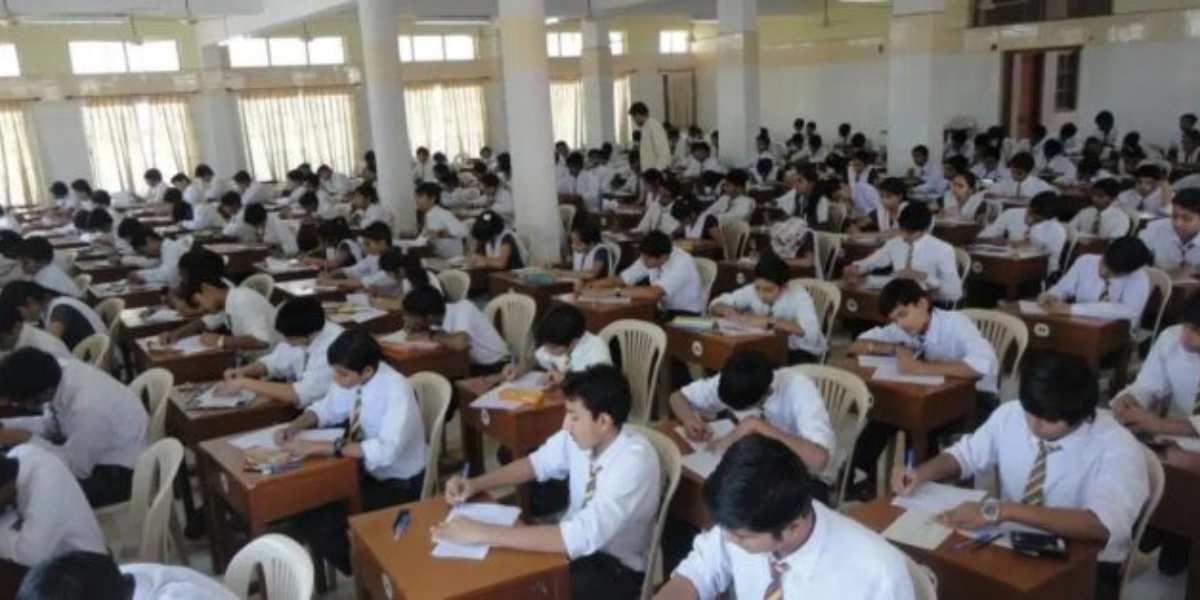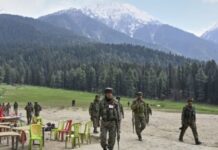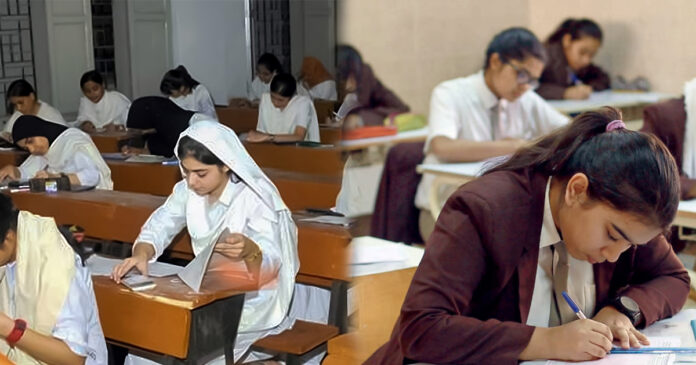The decision of the board of intermediate and secondary education in Sindh to conduct the annual ninth and tenth examinations in the month of March has caused a wave of shock and concern among students, parents and teachers.
There is no doubt that board exams are an extremely crucial point for every student. As intense as they are, they just can’t be skipped. They are the season of exhaustion and burnout with no care or benefits from the authorities. And now they are scheduled exactly after Ramadan! As if the pressure wasn’t enough already. Honestly, this shows just how much thought the governing bodies put in for students.
Why Board Exams After Ramadan are an Issue?
As someone who has lived through this problem during my CAIE’s, all I can say is that this schedule of exams is entirely tone deaf. As a Muslim country we need to align these announcements with religious events.

It is already really difficult for today’s children to manage their daily schedules and now imagine what happens if you add exams to the equation. Many students are now expected to perform in high-stakes exams while fasting. Oh, and not to mention, these results could have profound implications for their future.
Possible Problems That Might Occur:
- The students would have to choose between fasting or preparing for the examinations, leaving them with no other option. Either the religion or the studies will have to be compromised.
- Fasting during Ramadan can lead to physical and mental fatigue, which may affect students’ ability to concentrate and perform well on exams.
- The need to wake up early for Suhoor (pre-dawn meal) and the potential for disrupted sleep patterns during Ramadan can negatively impact cognitive function and academic performance.
- Some students may find it difficult to maintain focus and concentration while studying and taking exams during Ramadan, potentially affecting their ability to recall information and perform at their best.
All in all, the result will be affected despite the potential. The lucky ones might score higher and the unlucky ones will face the consequences even if they’re bright. Pure luck and little merit!
But Why After Ramadan?
So, What Exactly Can You Do?
Until our education department figures out that exams right after Ramadan are nothing but a bad idea, we’ll have to make do with what we have.
It all starts with a proper sleep schedule. With or without Ramadan this one is a must, otherwise your productivity gets compromised. Not only should you ensure a full eight hours of sleep each day, but also adjust it in a way that helps you feel the most energised during the exam. Another thing that can be done is making a viable and effective revision schedule; one that is customised in accordance with Ramadan timings. Certain changes in mealtime and sleep schedule usually cause our circadian rhythm to shift for the worst. Instead, try studying right after suhoor when most people around have retired for the night.
The Education Ministry Must Act Fair
This scheduling and planning is undoubtedly unfair to the students who work hard throughout the year, and hence the schedules must be reconsidered.
Otherwise continuous assessment models can be implemented too. This will lower the stakes, increase reliability, help develop student learning profiles, and place testing firmly in servitude of teachers’ instructional goals. They would render the Ramadan debate a non-event because students would no longer rest on a discrete performance.
Stay tuned to Brandsynario for the latest news and updates.









































